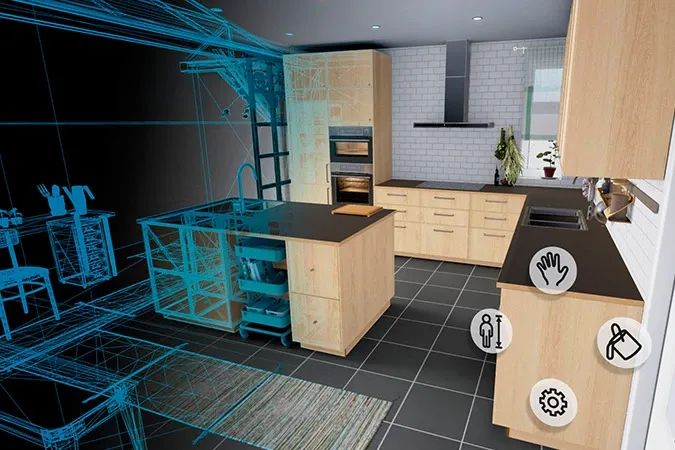Subscription Economy to Be Worth Almost $1 Trillion by 2028
A new study by Juniper Research found that by 2028, subscription economy revenue will reach $996 billion, up from $593 billion in 2024; a substantial rise of 68%.

According to the latest market study released by Technavio, the global mobile augmented reality (AR) market is expected to grow at a CAGR of more than 77% during the forecast period. The large-scale adoption of smartphones and increased penetration of the internet has given rise to a multitude of mobile applications to make life simpler and more streamlined. Additionally, the number of mobile AR users is expected to grow almost ten-fold by 2021, which will be driven by the introduction of new AR mobile apps, such as PokémonGO.
“The marketing and advertising sector is one of the earliest adopters of the augmented reality technology to allow better consumer interaction with its brands. Companies such as Pepsi and Ray-Ban are using AR campaigns and AR apps to raise product awareness and attract more customers“, says Chetan Mohan, one of the lead analysts at Technavio for human machine interface research.
Companies are developing computer-generated graphics that are superimposed with real-life scenes to add a new dimension to marketing. The market is expected to witness multiple vendors competing to bring in new concepts and innovations in this sector, which will drive market growth.
Manufacturers are currently developing realistic and hyper-realistic augmented reality games for both smartphones and PCs. Customer perceptions and reviews are being studied to understand their demands and expectations better. Temple Treasure Hunt, ARBasketball, SpecTrek, and Toyota 86 AR are some of the famous games that are currently dominating the gaming and entertainment segment in the global mobile AR market.
“Mobile augmented reality models provide a quality learning experience with simplified training modules at reasonable prices. Homework linked with QR codes to provide access related material, and augmented reality apps to get hands-on training are some of the offerings augmented reality has provided to the education sector“, says Chetan.
South Korea is one of the biggest adopters of AR technology in the education sector. The Ministry of Education in South Korea announced the shift to digital textbooks in the elementary and middle school classrooms. Initially, these textbooks will not fully service AR content, but it will be slowly rolled out.